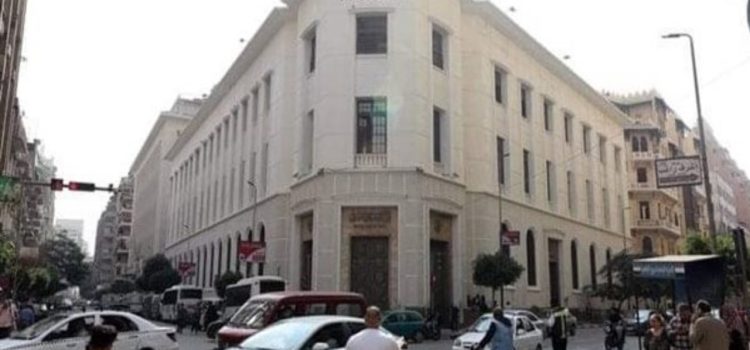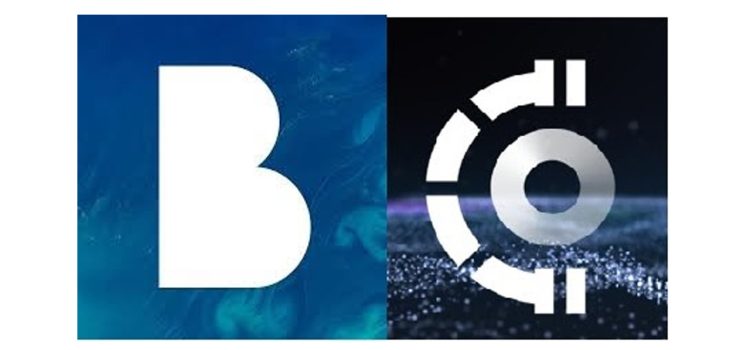
Egyptian Central bank has announced that it is currently studying the implementation of CBDC (Central Bank Digital Currency) which should offer a safer and more secure replacement to current cryptocurrencies and the risks associated with them while making use of digital economy.
The Egyptian Central Bank in its 2021 financial stability report stated that it had created an internal and external committee which includes representatives from different Ministerial entities headed by the governor of the Central Bank to study the implementation of CBDCs in Egypt.
It also noted that it is working with external counterparts to study the potential risks and benefits of CBDC implementations.
Cryptocurrency trading in Egypt is still not regulated and the Central Bank of Egypt has on several occasions mentioned the risk involved in dealing with cryptocurrencies and the fact that it is illegal in the country to do so.
In September, the central bank of Egypt reiterated its warning against dealing in any types of cryptocurrencies, saying that crypto is risky, highly volatile, and is used in financial crimes and e-piracy. At the time the Central Bank of Egypt stated it would fine anyone who violates the Law No 194 of 2020 which prohibits issuing, trading, promoting cryptocurrencies, operating crypto exchanges or any other related activities. The Central Bank will fine violators up to $516,000 ( 10 million LE) or face imprisonment.
The Egyptian central bank had issued a similar warning about cryptocurrencies in January 2018, specifically naming Bitcoin. At that time the Central Bank had noted, “Cryptocurrencies are not backed by any tangible assets and are not supervised by any regulators worldwide, and consequently, they lack the official governmental guarantee and support enjoyed by the other official currencies issued by central banks.”
Yet Egypt has one of the highest crypto usages across Africa and Middle East. In January 2022, TripleA published a report which noted that Morocco topped the Arab countries in terms of crypto ownership, followed by Egypt, then UAE and KSA. The report stated that in 2021 global crypto ownership was estimated at an average of 3.9 percent, 300 million crypto users and 18,000 businesses already accepting crypto payments.
Egyptian national Husayn Hashim, Listing manager of Betconix crypto exchange regulated out of Estonia, states, “The Central Bank of Egypt’s move comes within the framework of the Egyptian government’s efforts to shift to digital payments and achieve financial inclusion. The move is also in line with the growth in the number of Egyptian cryptocurrency traders, as according to the latest estimates, about 1.8% of Egyptians trade cryptocurrencies despite the Egyptian government’s ban on that. I believe that the Egyptian government will soon legally allow the trading of digital currencies after completing the issuance of the legislation regulating this.”










